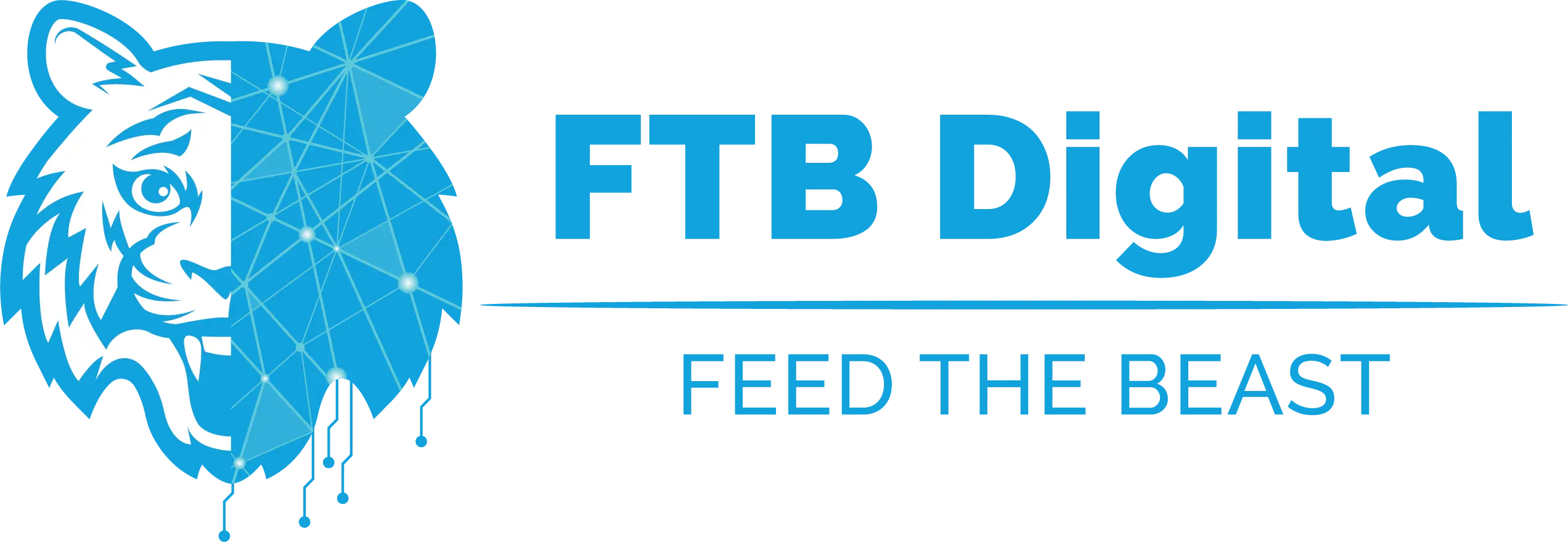
Launching and growing a business can be a formidable challenge, but the Small Business Administration (SBA) offers a multitude of resources tailored to assist entrepreneurs at every stage of their journey. From securing funding to accessing expert mentorship, the SBA provides a comprehensive suite of services designed to help small businesses thrive. This article delves into the myriad ways in which entrepreneurs can leverage SBA resources for both starting and scaling their business.
Introduction to SBA Resources for Entrepreneurs
The Small Business Administration (SBA) was established in 1953 to provide support to entrepreneurs and small business owners. Over the decades, it has evolved into a multifaceted agency offering a wide range of resources aimed at fostering economic growth and job creation through small businesses. Entrepreneurs can access these resources through the SBA’s website, local offices, and partner organizations.
One of the primary functions of the SBA is to offer guidance on business planning. The SBA provides templates and tools that help entrepreneurs draft comprehensive business plans, which are essential for securing funding and outlining operational strategies. These planning resources ensure that businesses start on a solid foundation, with a clear roadmap to success.
In addition to business planning, the SBA offers market research tools. These tools aid entrepreneurs in understanding their target market, identifying industry trends, and analyzing competitors. By leveraging these insights, business owners can make informed decisions that align with market demands and increase their chances of success.
Another crucial aspect of SBA support is access to capital. The SBA does not directly lend money but partners with various lenders to offer loans with favorable terms to small businesses. This financial support is often critical for startups that may struggle to secure funding through traditional means due to a lack of credit history or collateral.
Moreover, the SBA provides resources for legal and regulatory compliance. Starting a business involves navigating a complex web of regulations, permits, and licenses. The SBA’s resources help demystify these requirements, ensuring that entrepreneurs adhere to all necessary legal standards and avoid potential pitfalls.
The SBA also offers resources tailored specifically for certain types of businesses, such as women-owned, veteran-owned, and minority-owned enterprises. These specialized programs provide targeted support and opportunities, helping to level the playing field and promote diversity in the business landscape.
Furthermore, the SBA’s partnerships with local organizations, such as Small Business Development Centers (SBDCs) and Women’s Business Centers (WBCs), extend its reach and effectiveness. These centers provide localized support, including workshops, one-on-one counseling, and networking opportunities, making valuable resources more accessible to entrepreneurs across the country.
Finally, entrepreneurs can benefit from the SBA’s disaster assistance programs. Whether facing natural disasters or economic crises, the SBA provides critical support to help businesses recover and rebuild, ensuring that they remain resilient in the face of adversity.
Navigating SBA Loans and Financial Assistance
Securing funding is often one of the most daunting challenges for new and growing businesses. The SBA steps in to bridge this gap through a variety of loan programs designed to meet different needs. Understanding these options is essential for entrepreneurs seeking financial support.
The SBA’s flagship loan program, the 7(a) Loan Program, offers general-purpose loans that can be used for a wide range of business needs, including working capital, equipment purchase, and real estate. These loans are provided through partner lenders and come with a guarantee that reduces the risk for lenders, making it easier for businesses to qualify.
For businesses needing smaller amounts of funding, the SBA Microloan Program offers loans of up to $50,000. These loans are typically easier to obtain and come with guidance and technical assistance, which can be particularly beneficial for new entrepreneurs or those with limited business experience.
The CDC/504 Loan Program is another significant offering, aimed at financing major fixed assets such as real estate or large equipment. These loans involve a partnership between the SBA, a Certified Development Company (CDC), and a private-sector lender, providing long-term, fixed-rate financing that can be crucial for business expansion.
In addition to these primary loan programs, the SBA offers specialized financing options. For instance, the Export Working Capital Program (EWCP) supports businesses that need working capital to fulfill export orders, while the CAPLines program provides revolving lines of credit to help with short-term and cyclical working capital needs.
Navigating the application process for SBA loans can be complex, but the SBA provides extensive resources to help. Entrepreneurs can access detailed guides, checklists, and application forms on the SBA website. Local SBA offices and partner organizations also offer workshops and one-on-one counseling to assist with loan preparation.
One of the key advantages of SBA loans is their relatively favorable terms and conditions. Interest rates are often lower than those of traditional loans, and repayment terms can be more flexible. This can significantly ease the financial burden on businesses, allowing them to focus on growth rather than debt repayment.
It’s important for entrepreneurs to thoroughly understand the requirements and conditions of each loan program before applying. This includes knowing the eligibility criteria, required documentation, and the specific uses for which the funds can be applied. Being well-prepared increases the likelihood of a successful loan application.
Finally, the SBA also provides disaster loans to help businesses recover from declared disasters. These low-interest loans are available to cover both physical and economic damage, providing crucial support that enables businesses to rebuild and continue operations in the aftermath of a crisis.
Leveraging SBA Training and Mentorship Programs
Beyond financial assistance, the SBA offers a wealth of training and mentorship programs designed to equip entrepreneurs with the knowledge and skills they need to succeed. These programs cover a wide range of topics, from business planning and financial management to marketing and sales strategies.
One of the SBA’s most valuable training resources is the Small Business Development Centers (SBDCs). Located throughout the United States, SBDCs offer free or low-cost training sessions on various business topics. Entrepreneurs can attend workshops, seminars, and courses that provide practical, hands-on learning experiences.
In addition to SBDCs, the SBA partners with SCORE, a nonprofit organization that offers free, confidential business mentoring. SCORE’s network of experienced business professionals volunteer their time to mentor budding entrepreneurs. This mentorship can be invaluable, providing personalized guidance and support that addresses specific business challenges.
The SBA’s Women’s Business Centers (WBCs) focus on helping women entrepreneurs overcome unique challenges and succeed in the business world. These centers offer training, counseling, and networking opportunities tailored to the needs of women business owners, empowering them to build and grow successful enterprises.
Veteran entrepreneurs can benefit from the SBA’s Veterans Business Outreach Centers (VBOCs). These centers provide training programs that address the unique needs of veterans transitioning into business ownership. VBOCs offer workshops, mentoring, and resource referrals, helping veterans harness their skills and experiences to become successful entrepreneurs.
The SBA also offers online training programs through its Learning Center. This platform provides a wide array of courses and tutorials on topics such as starting a business, managing finances, and developing marketing strategies. The online format allows entrepreneurs to learn at their own pace and on their own schedule, making it a convenient option for busy business owners.
In addition to formal training programs, the SBA facilitates peer learning and networking opportunities. Events such as Small Business Week, regional conferences, and local meetups provide forums for entrepreneurs to connect, share experiences, and learn from one another. These interactions can lead to valuable partnerships and collaborations.
For entrepreneurs looking for more intensive support, the SBA’s Emerging Leaders program offers a seven-month executive training series. This program is designed for small business owners poised for growth and provides in-depth training on strategic planning, financial management, and leadership development.
Finally, the SBA’s partnership with the Minority Business Development Agency (MBDA) provides additional resources and support for minority entrepreneurs. MBDA centers offer business consulting services, procurement assistance, and access to financial resources, helping minority-owned businesses overcome barriers and achieve long-term success.
Utilizing SBA Tools for Business Growth and Success
Once a business is up and running, continuing to leverage SBA resources can be key to sustaining growth and achieving long-term success. The SBA provides a variety of tools and resources designed to help businesses expand, innovate, and remain competitive.
One critical resource for growth is the SBA’s government contracting programs. The SBA helps small businesses navigate the complex world of federal contracting, providing opportunities to compete for government contracts. Programs such as the 8(a) Business Development Program and the HUBZone Program are designed to give disadvantaged businesses a competitive edge in securing government contracts.
The SBA’s Export Assistance programs can help businesses expand into international markets. Resources such as the International Trade Loan Program and the Export Express Loan Program provide financial support, while the SBA’s network of U.S. Export Assistance Centers offer guidance on exporting logistics, compliance, and market entry strategies.
Innovation is another key area where the SBA offers support. The Small Business Innovation Research (SBIR) and Small Business Technology Transfer (STTR) programs provide funding for research and development projects that have the potential for commercialization. These programs encourage small businesses to engage in high-risk, high-reward research that can lead to groundbreaking innovations.
The SBA also provides tools for improving business operations and efficiency. Resources such as the SBA’s online business plan tool help entrepreneurs create and refine their business plans, while financial calculators and templates assist with budgeting, forecasting, and financial analysis. These tools enable business owners to make data-driven decisions that support sustainable growth.
Marketing and sales are crucial for business growth, and the SBA offers resources to help businesses enhance their marketing strategies. From online marketing courses to guides on developing effective sales strategies, the SBA provides valuable insights that can help businesses attract and retain customers.
Access to technology is another area where the SBA can assist. The SBA’s Small Business Technology Coalition offers resources and partnerships that help small businesses leverage technology to improve operations, reach new customers, and compete in the digital marketplace. This includes access to discounted technology products and services, as well as training on how to effectively use these tools.
Networking and collaboration are also vital for business growth. The SBA’s events, workshops, and local business communities provide platforms for entrepreneurs to connect with peers, industry experts, and potential partners. These interactions can lead to new opportunities, valuable insights, and mutually beneficial collaborations
WordPress gives you room to grow!
Building a website with WordPress offers unmatched flexibility, ease of use, and a vast ecosystem of plugins and themes to create any site you envision.

